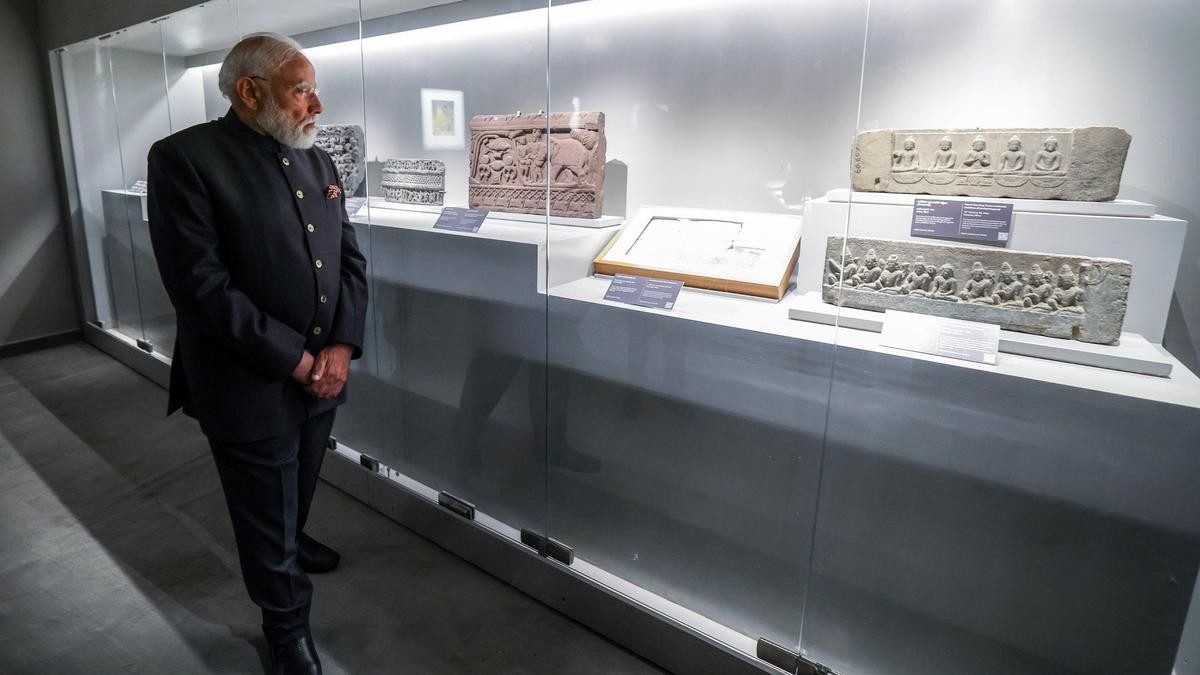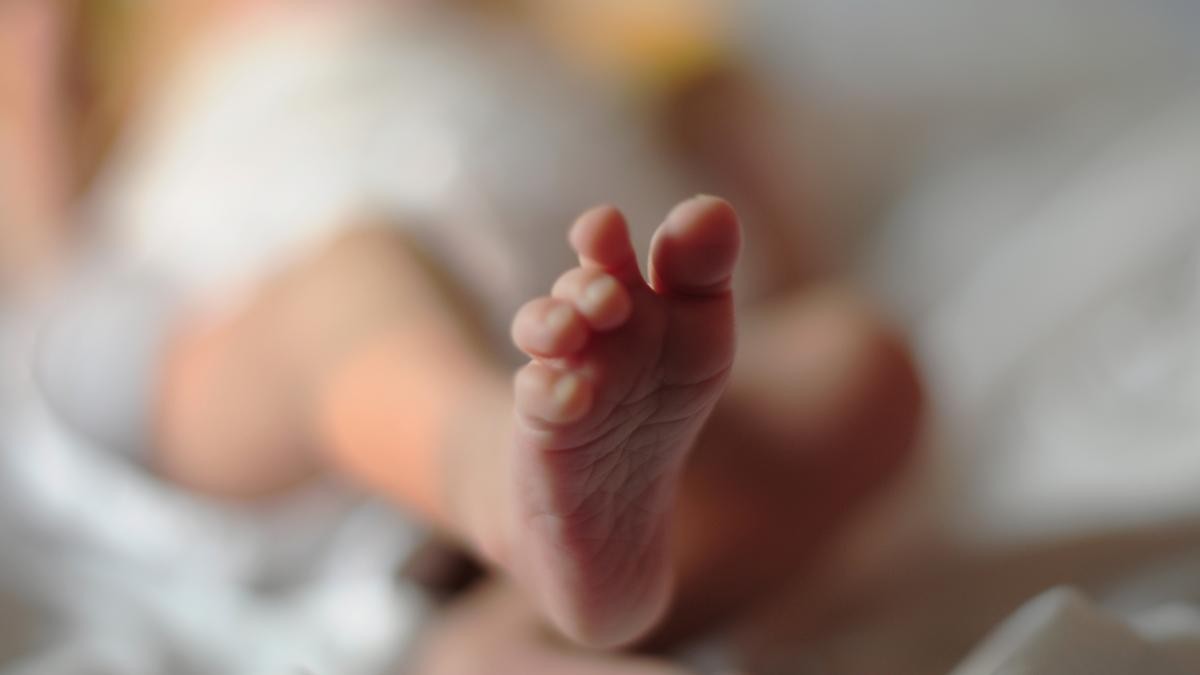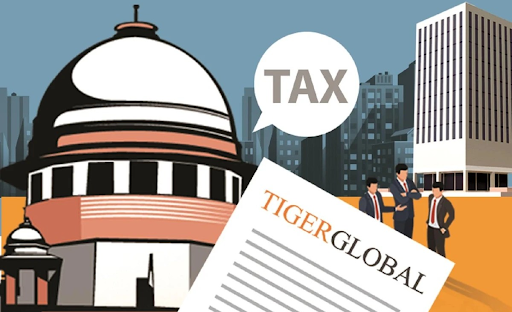Description
Context:
The Department of Expenditure, Ministry of Finance has released 5th monthly installment of Post Devolution Revenue Deficit (PDRD) Grant of Rs. 9,871 crore to the States on 9th August, 2021.
Post Devolution Revenue Deficit Grant:
- The Post Devolution Revenue Deficit Grant is provided to the States under Article 275 of the Constitution.
- The grants are released as per the recommendations of the Fifteenth Finance Commission in monthly installments to meet the gap in Revenue Accounts of the States post devolution.
- The Commission has recommended PDRD grants to 17 States during 2021-22.
About Revenue Deficit:
- Revenue deficit arises when the government’s revenue expenditure exceeds the total revenue receipts.
- This represents that the government’s own earnings are not sufficient to meet the day-to-day operations of its departments.
- Revenue deficit turns into borrowings when the government spends more than what it earns and has to resort to the external borrowings.
About Revenue Receipts:
- revenue receipts are receipts which neither create liability nor lead to a reduction in assets.
- It is further divided into two heads:
- Receipt from Tax (Direct Tax, Indirect Tax)
- Receipts from Non-Tax Revenue
About Revenue Expenditure
- Revenue Expenditure is referred to as the expenditure that does not result in the creation of assets reduction of liabilities. It is further divided into two types
- Plan revenue expenditure
- Non-plan revenue expenditure
Meeting of Revenue deficit:
- Through the borrowings or sale of existing assets, the deficit could be met from the capital receipts.
- The government can increase its non-tax or tax receipts.
- The government could try to reduce unnecessary expenditures.
Implications of Revenue Deficit:
- The Revenue Deficit of the government has several implications, such as, it has to be met from the capital receipts, because of which a government either borrows or sells its existing assets. This brings in a reduction in assets.
- Also, to meet its consumption expenditure, since the government uses capital receipts, it leads to an inflationary situation in the economy.
- With more and more such borrowings, along with interest, the burden to repay the liability also increases which, in the future, results in huge revenue deficits.











